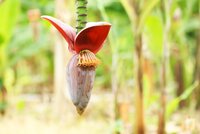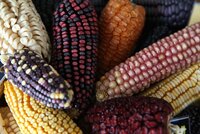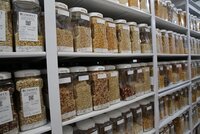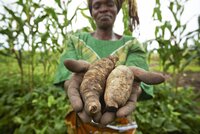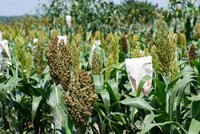Search
Please use this search facility to search all content found within the website:
The Crop Diversity Digest
From cutting-edge research to work saving seeds in communities, even our small actions can have a big impact on saving crop diversity and putting it to good use. Read the latest news highlighting these efforts and more.

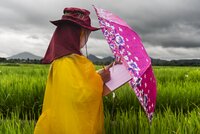

![At Estancia Los Niños, Rene Milicevic shows us one of the three 60+ year old alfalfas that Jorge Ivelic from INIA collected in Magallanes [growing behind the ‘daisy’]. This unique sample is now included in the Crop Wild Relatives pre-breeding trials at INIA Kampenaike. Tolerance to drought and frost are traits that researchers are looking for in Magallanes. In the central part of Chile, researchers are searching for drought and heat tolerance. Photo: LS Salazar/Crop Trust](/fileadmin/_processed_/1/d/csm_BI5A1289_89fb9d4e2d.jpg)
